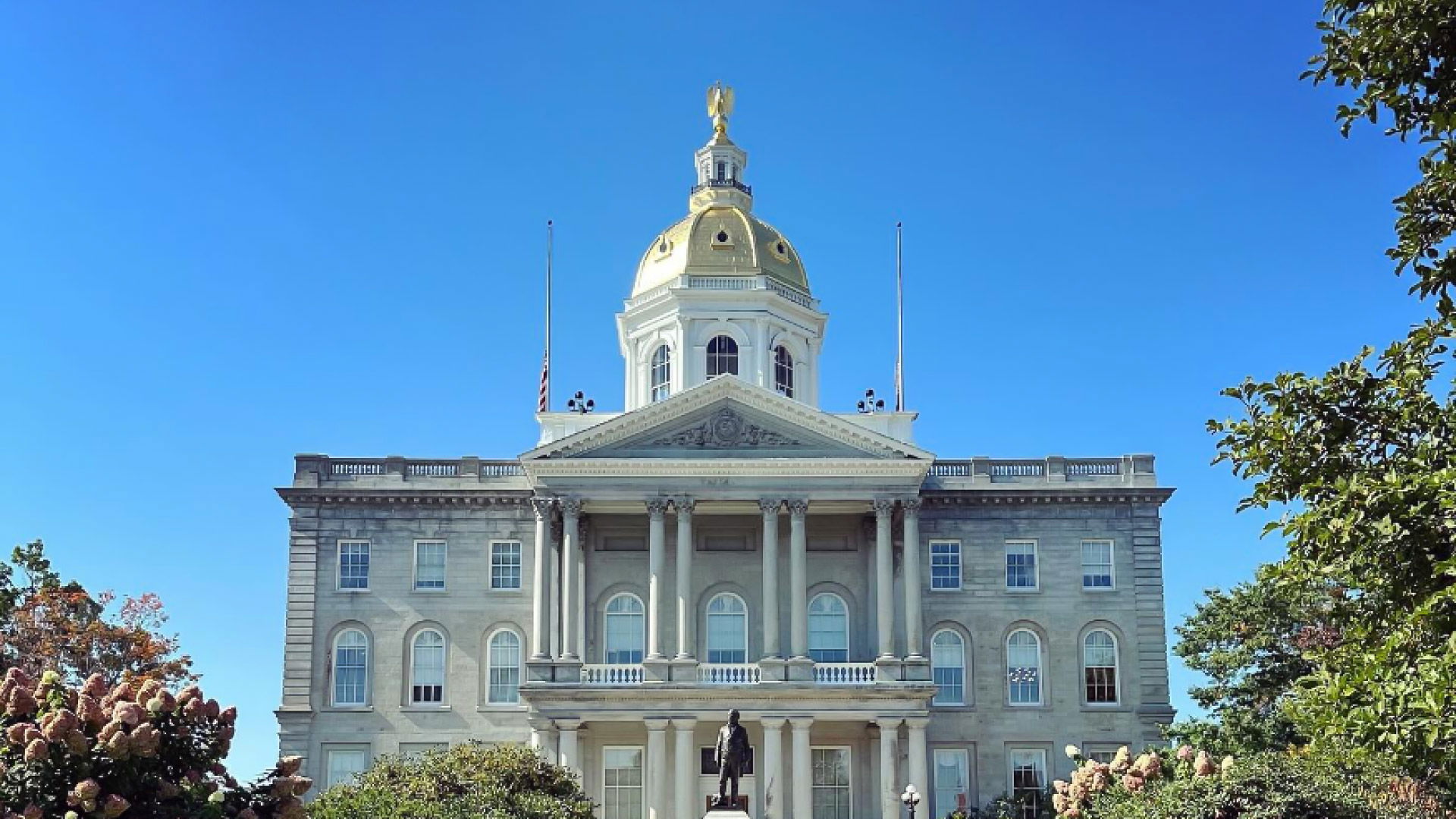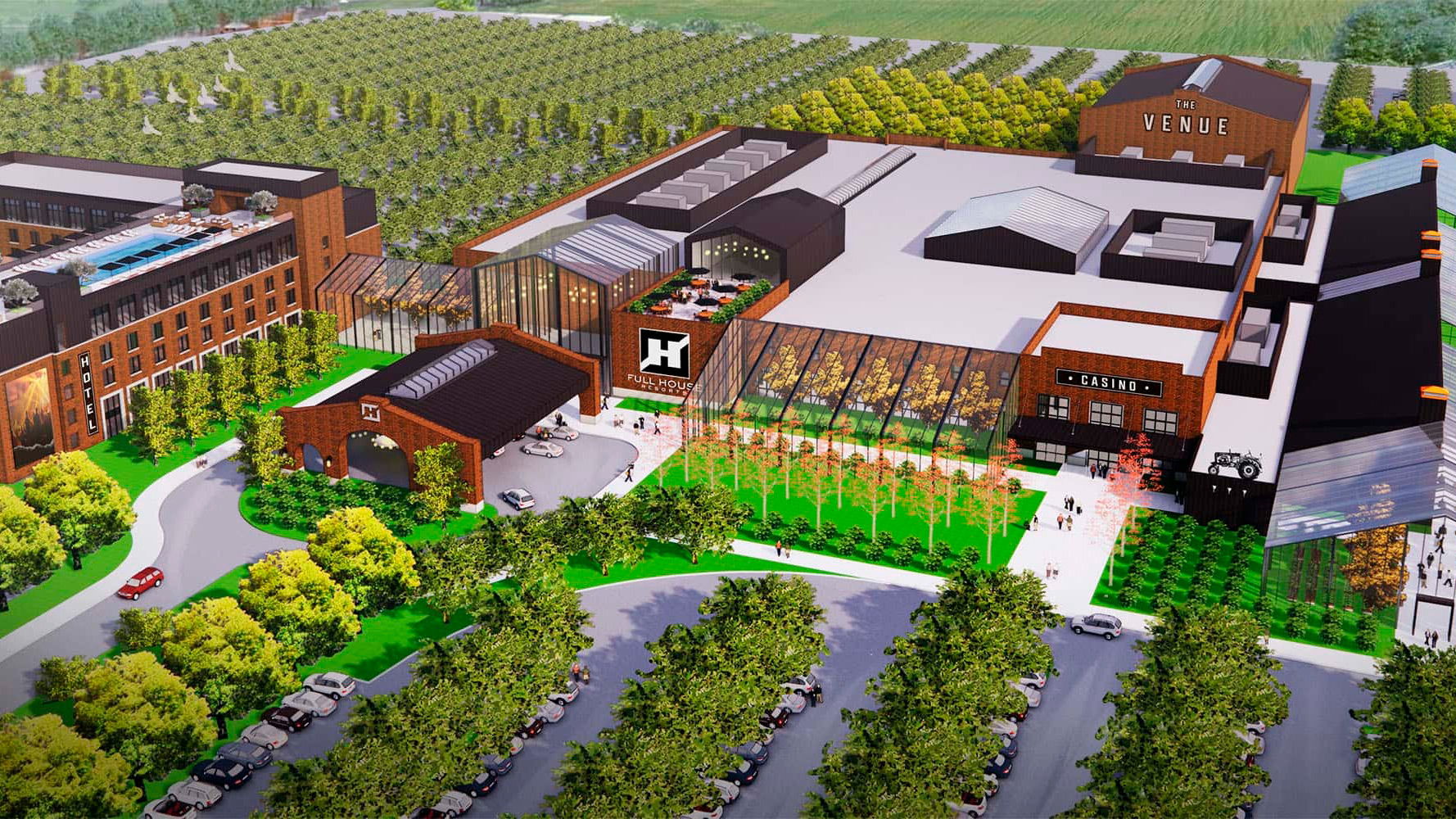Louisiana Senate greenlights relocation of riverboat casinos to land

In a 22-14 vote to allow the state's 15 riverboat casinos to move ashore, the Louisiana Senate agreed to the accommodation of larger electronic gambling machines after a month of delaying the vote on the proposal. The House will now take up the bill for consideration. "This is a viable industry for this state and we need the money," said Sen. Danny Martiny, R-Kenner, in advocating for the move.
Under Senate Bill 316, the casinos will only be able to move within 1,200 feet of their current river locations. The casinos would have to provide some "economic development" justification to the state Gaming Control Board in order to move to land.
The casinos would also have to limit themselves to 2,635 gambling machines and seats instead of restricting themselves to 30,000 square feet of gambling space as in the current law. The Gaming Control Board would -- to a certain extent -- set up regulations to figure out what counts against this 2,635 machine or seat count.
The sponsor of the legislation, Sen. Ronnie Johns, R-Lake Charles, characterized his proposal as a business opportunity. He also clarified it was "not an expansion of gambling", in an attempt to mitigate concerns from lawmakers closely aligned with the conservative Christian community who are opposed to the bill.
But Sen. Bret Allain, R-Franklin, disagreed with Johns' assessment. He said the change in restrictions to machines and gambling seats would result in casinos putting many more machines into new facilities than they have now.
Martiny argued that those casinos could increase the number of electronic gambling machines already if they wanted, though he conceded that they might have to upgrade and reconfigure their current boats to make it work. Nevertheless, he pushed back on Allain's description of the bill as an "expansion of gaming", saying it would be more of a modernization measure for Louisiana's casino industry.
The change in how electronic gambling machines are restricted was put in the legislation so that the casinos could have larger machines, according to Johns and Martiny. The restriction on space that exists now -- as opposed to proposed limitation on the number of gambling machines and seats -- makes it harder to have the bigger, more modern machines.
Yet other senators said casino changes pushed by Johns would exacerbate gambling addiction in the state. Sen. John Milkovich, D-Shreveport, said he was aware of people who had lost their homes and jobs because of gambling addictions. He also knew people who committed suicide after losing money at local casinos.
Those lawmakers who were pushing the hardest for the proposal hailed from the Louisiana communities with the largest gambling presence. Johns is from Lake Charles, where the Golden Nugget, the state's largest casino, is located.
Sen. Blade Morrish, another Republican from the Lake Charles area, said the riverboats in Lake Charles provide good-paying jobs and have launched careers in southwest Louisiana. "The opportunities that they have presented have been unbelievable," he said.
The strict regulations around riverboat casinos haven't changed much since the 1990s, though gambling has become a major source of revenue for government in Louisiana.
The 15 riverboat casinos contributed $414.5 million to the state coffers in the 2015-2016 budget cycle, according to a 2017 annual report from the Gaming Control Board. Overall, gambling at riverboats, video poker establishments, racetracks and Harrah's produced around $705 million for local and state governments, according to the report.
In fact, some of the impetus for Johns' proposal came from the fact that after years of growth in funding for state government, gambling revenue had mostly flatlined. Casinos argued it was because they hadn't been allowed to expand and provide new amenities.
Yet even though the Senate agreed to back Johns' proposal, the upper chamber has been reluctant to approve other gambling regulation changes that have come up this spring. The only other major gambling change it has passed this session was to relax some regulations around video poker outlets found at trucks stops, restaurants and bars throughout the state.
More than three dozen bills that would change gambling regulations have been introduced in the current legislative session, though only a few have been able to get very far in the process.
After approving the legislation to let riverboat casinos move on land Tuesday, the Senate quicky rejected four other pro-gambling bils. It voted down a proposal to allow a casino to move to Tangipahoa Parish and shut down another proposal that would essentially impose similar restrictions on gambling machines and "seats" at the state's four racetracks as the riverboat casinos are asking for in Johns' legislation.
Even the legislation sought by the riverboat casinos that passed Tuesday stalled for over a month and became mired in Senate politics related to minimum wage legislation that has nothing to do with gambling.
It probably didn't help that Senate President John Alario, R-Westwego, was wary of this proposal and other gambling bills. Alario hasn't voted for any of the gambling proposals that have been take up by the Senate yet.
Gov. John Bel Edwards has said he is open to gambling changes, even if he hasn't said much about what has been proposed. He is expected to sign the legislation that would let riverboats move to land, if it ever makes it to his desk.
While riverboat casinos haven't seen many law changes over the past three decades, the video poker industry -- which operates under different regulations -- has consistently managed to get favorable legislation passed. The operators of riverboats are prohibited from giving campaign donations to Louisiana politicians, but video poker businessmen can raise money for local politicians.


















































